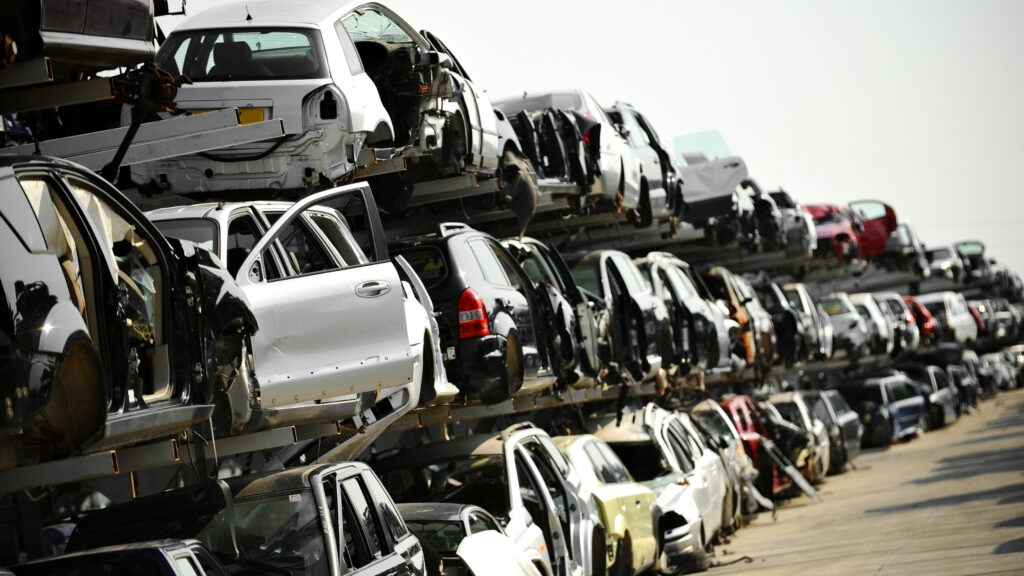A car that won’t start can be a frustrating experience, leaving you stranded and worried about repair costs. If your car is experiencing starting problems, the culprit might be a failing starter motor. But before you panic about a hefty bill, let’s delve into what a starter is, how much it typically costs to replace, and ways to keep yours running smoothly.
What Is A Car Starter?
The car starter is a small electric motor that cranks the engine when you turn the ignition key. It essentially provides the initial burst of power needed to get your engine running. When the starter malfunctions, it can prevent your car from starting at all, or cause slow, laboured cranks.
Symptoms That You Have Car Starter Problems
Here are some telltale signs that your car might have a starter problem:
- Your Vehicle Won’t Start: A completely dead car with no response, when you turn the key, is a strong indicator of a starter problem. It’s best to have a mechanic inspect the starter to confirm the issue.
- No response when you turn the key: This is the most common symptom. Turning the key results in complete silence, or just a clicking sound.
- Slow cranking: The engine cranks slowly but doesn’t turn over completely.
- Smoke or burning smell: If the starter motor is overworked or malfunctioning, it may emit smoke or a burning smell. This is a serious issue and you should not attempt to start the car further.
How Much Does A Car Starter Replacement Cost?
Factors Affecting Cost
The cost of replacing a car starter can vary depending on several factors:
- Car make and model: Starters for luxury or high-performance cars tend to be more expensive than those for common vehicles.
- Type of starter: New starters are generally more expensive than rebuilt ones.
- Labor costs: The complexity of accessing and replacing the starter in your car will affect the labor cost charged by a mechanic.
General Breakdown of starter replacement costs
- Average starter replacement cost: $728 to $820
- Cost of a new starter: $80 to $$350
- Labor costs: $150 to $1,100
Here’s how to save on starter replacement
- Get quotes from multiple mechanics: Compare prices before committing to a repair shop.
- Consider a rebuilt starter: Rebuilt starters are a good option for budget-conscious car owners.
- DIY replacement (if you’re handy): Replacing a starter yourself can save on labor costs, but it’s a job best left to those comfortable with car repairs.
Who Buys Cars With Bad Starters?
If you’re looking to sell a car with a bad starter, it’s best to get it repaired first. A failing starter will significantly reduce the resale value of your car. Some mechanics specialize in buying cars for parts, and they might be willing to purchase your car with a bad starter, but the offer will likely be very low.
FAQ
Q: How long do starters last on cars?
A: Starters typically last anywhere from 8 to 15 years or 100,000 to 150,000 miles, depending on usage and driving conditions.
Q: Can I replace a starter myself?
A: It depends on your mechanical expertise and the accessibility of the starter in your car. If you’re comfortable with car repairs and have access to a repair manual, you might be able to replace the starter yourself. However, if you’re unsure, it’s always best to consult a professional mechanic.
Q: What are some tips to ensure my car starter lasts longer?
A: Here are some tips to prolong the life of your car starter:
- Avoid excessive short trips: Short trips don’t allow the engine to fully reach operating temperature, which can put extra strain on the starter.
- Park on level ground: Parking on a hill can cause extra stress on the starter when you try to start the engine.
- Don’t hold the key in the start position for too long: If the engine doesn’t start after a few seconds, turn the key back to the off position and wait a few moments before trying again.



